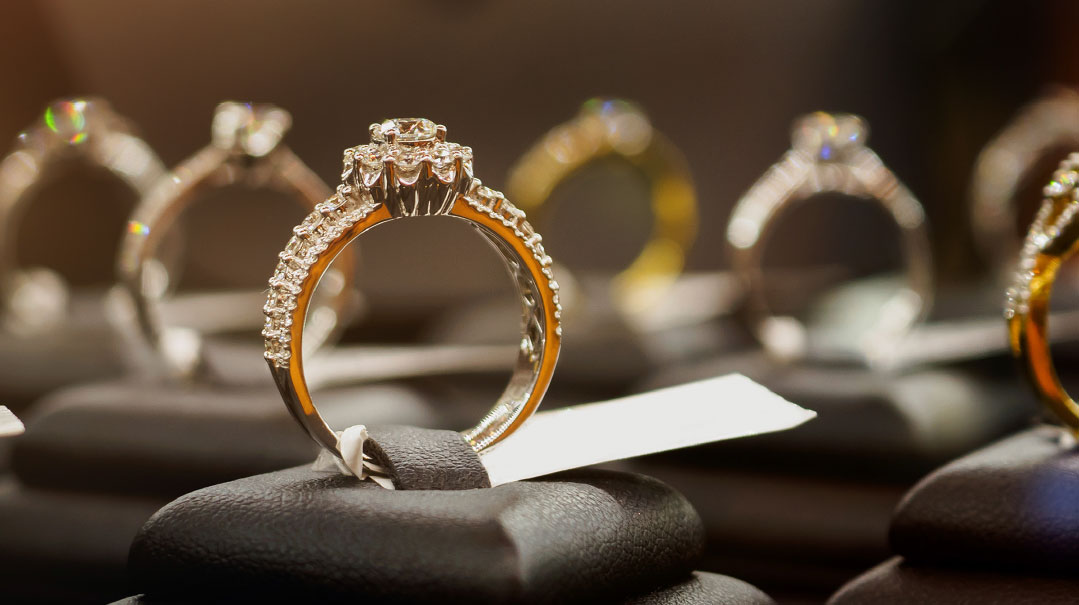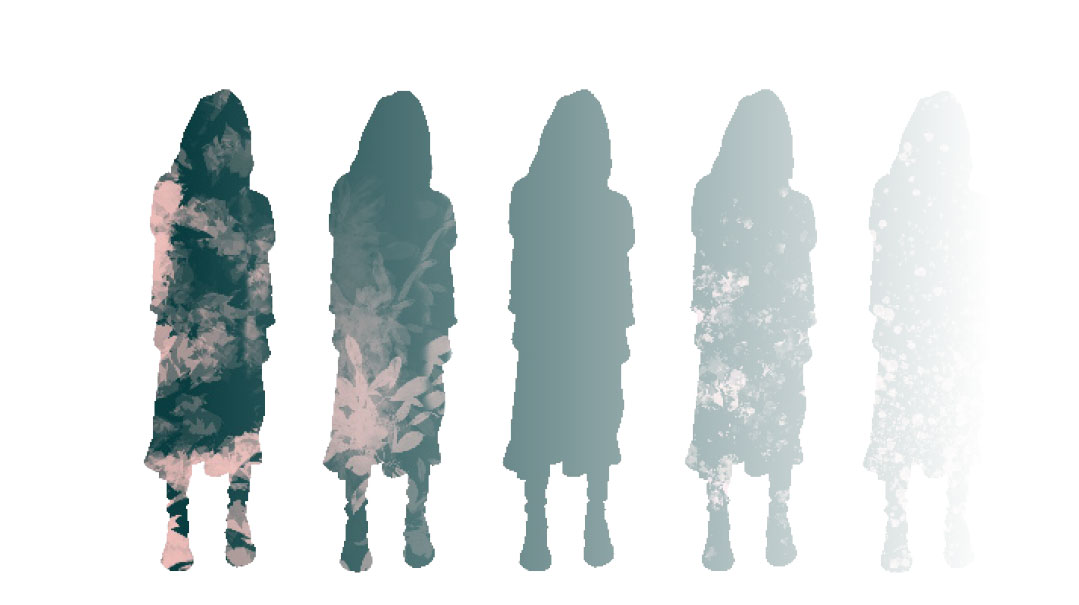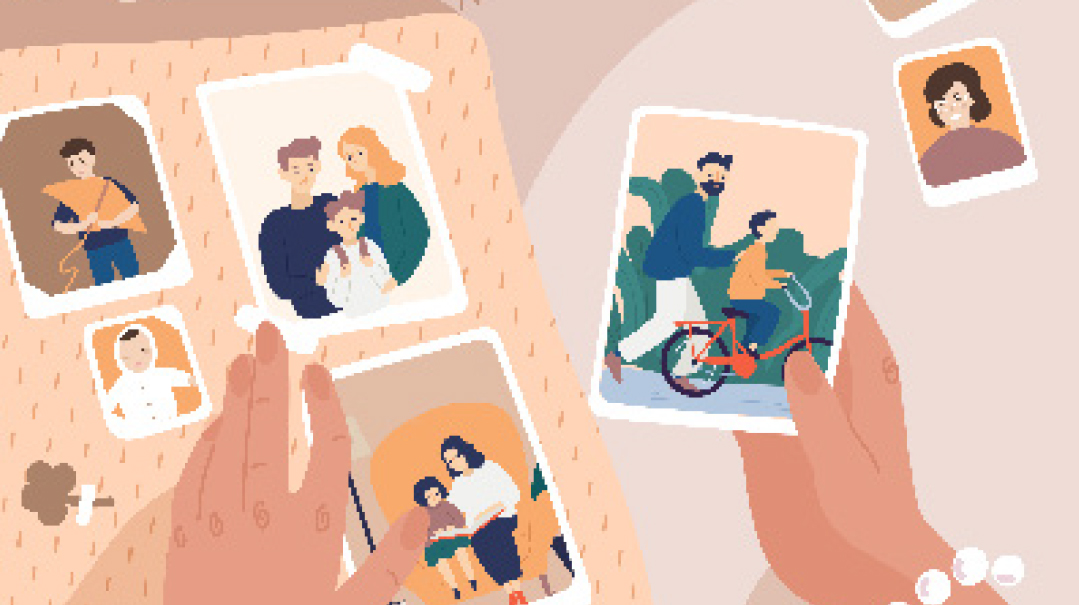Net Worth
| September 21, 2016
As told to A. Asaraf
I obliterated the maddening whimpers of my soul by spending increasing amounts of time in the friendship of women whose busy chatter could have drowned out a thunderstorm. It was the path of least resistance
W
hen I enter a room people notice. I am poised tastefully dressed and never without a mask of flawlessly applied makeup. This description slips off my tongue so naturally you wouldn’t dream that until not so long ago I considered myself a loser. But few ever realized how deep were the fault lines beneath the glossy surface.
I entered marriage weighed down by the falling bricks of a dysfunctional childhood. Throughout my teens I was an amorphous shadow flitting through my home. While my parents engaged in round after round of mutual recriminations sulks and sarcastic retorts I slunk noiselessly through the growing chasm of their marriage. Cloaked in invisibility I barely knew who I was or what I stood for.
I found some sort of answer by aligning myself with the cool crowd in high school. It wasn’t hard to tag along and gain a reputation for coolness by association. I’ve been blessed with good looks and my sophisticated set made sure I knew exactly how to make the most of them. Looking good became my ticket to society and an inviolable one at that.
With marriage came a semblance of identity. It was a heady feeling. No longer the tall enigmatic figure who hovered on the fringes I was now an irrefutable part of the jet set. Married. With a name I was proud of.
Despite being a gift sent from Heaven my husband schlepped his own set of baggage into our relationship. He had never watched his parents share a friendly conversation never heard them offer each other comfort after a rough day. The noxious weeds rooted in our backgrounds kept poking through the foundations of our home threatening to choke out all that was good between us.
Seeking to strengthen our shalom bayis I turned to the one tool in my arsenal I believed I had handy — my looks.
Shopping became an all-consuming preoccupation. For years my husband had been buying up ailing companies turning them into profitable ventures with an uncanny business sense. So when his fledgling business skyrocketed into a publicly listed company I used my newfound credit to dazzle in every way.
I splurged regularly. Tops, skirts, shoes, scarves, everything boasting a designer name. I aimed for glamor and worked to constantly redefine the perfect look. Each time I left a store, new purchases in hand, a thrill ran through me. But nothing could compare to the attention I garnered when I walked through a simchah hall. I had a presence no one could ignore. And even though my sense of significance was always hopelessly fleeting, I craved that visibility.
Following the birth of our second child, I began suffering from chills, and inexplicable aches and pains plagued my joints. A soul-numbing fatigue washed over me, putting a damper on my shopping. The diagnosis was an auto-immune disorder that, in retrospect, may have had more to do with inner stress than with any physiological weakness.
In desperation, I sought out a therapist, Cheryl. She’s the best thing that ever happened to me. Over the years, Cheryl helped me learn what other women pick up through osmosis — healthy relationship patterns, parenting skills, how to love myself and others, and how to set boundaries. All these things took constant work, but I was determined to spare my children the deficiencies of my youth.
Still, even Cheryl couldn’t save me from myself.
Oops! We could not locate your form.













